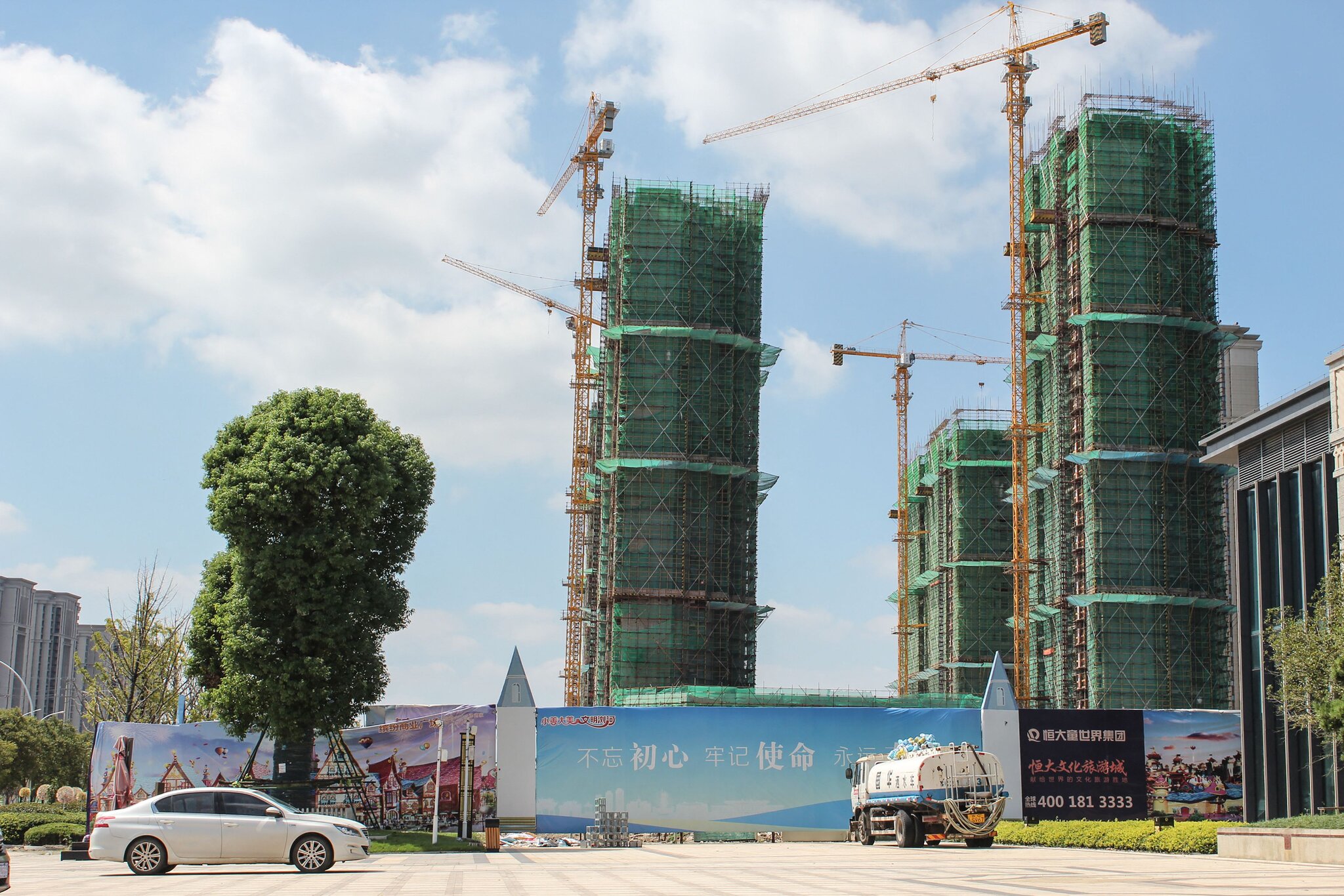Global markets have been watching with bated breath as a massive and highly indebted Chinese property firm flirts with default, fearful that any collapse would have ramifications for the rest of the world’s economic system.
The developer, China Evergrande Group, said on Wednesday that it had struck an agreement that may provide it with some breathing space ahead of a bond payment that was due the following day. However, that ambiguous agreement does little to address the larger danger that Beijing’s senior officials and the world economic outlook face: China’s development is slowing, and the government may have to work harder to reignite the country’s growth.
Retail sales in China were much lower than anticipated last month, with sluggish vehicle sales being the primary reason. In the industrial sector, output has slowed, especially in the case of big freight vehicles. Moreover, during the summer, developers drastically decreased the number of new housing projects they were pursuing while hurrying to complete the ones they had already begun.
Heavy government expenditure on new train lines, roads, and other infrastructure projects is keeping the economy afloat for the time being, but it may not be able to keep up with demand in the next year.
The notion that Evergrande might be China’s “Lehman moment,” a reference to the fall of the Lehman Brothers investment bank in 2008, which served as the catalyst for the global financial crisis, has captivated the markets for quite some time now. However, although many economists in China are sceptical of the notion of possible financial contagion, they are concerned about the general fragility of China’s property market, which is a cornerstone of the economy, as well as other long-term dangers to the country.
On Thursday, when bond interest payments are due, it is unclear what would happen in the case of Evergrande Holdings Limited. On Wednesday, it announced in a loosely worded stock market statement that it had struck an agreement with Chinese investors to make a payment that was due the next day, without providing any more information.
It made no mention of a $83.5 million payment to international bondholders that is due on Thursday. Following the publication of bond papers, Bloomberg News reported that a missing payment would result in a 30-day grace period before the business would be considered a default. Evergrande did not reply to any of our inquiries.
Evergrande may be saved by Chinese authorities, who could intervene and save the company. It would be in direct opposition to their attempts to encourage businesses to borrow less and to reduce the amount of steam being generated in the housing market, where flats for purchase are becoming more unaffordable for many Chinese families in a variety of markets.

